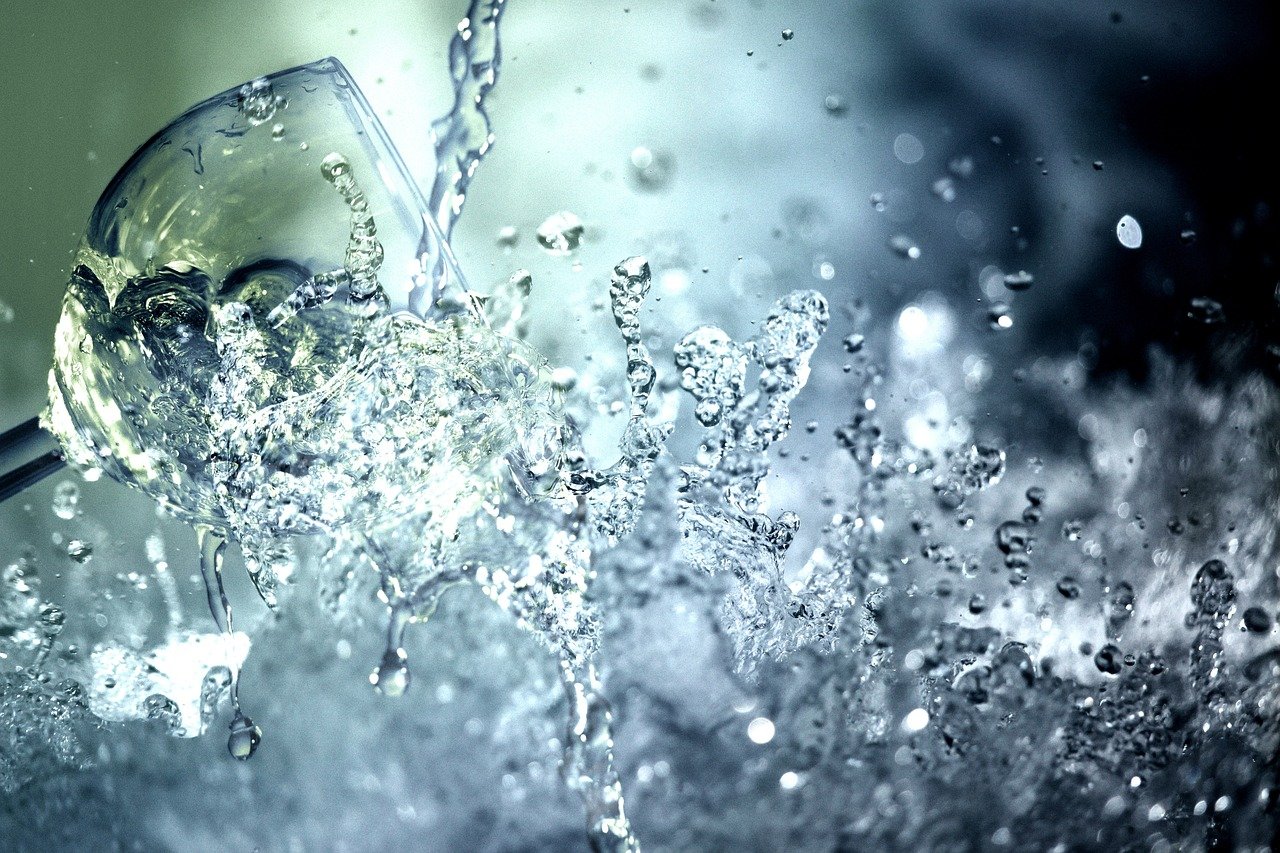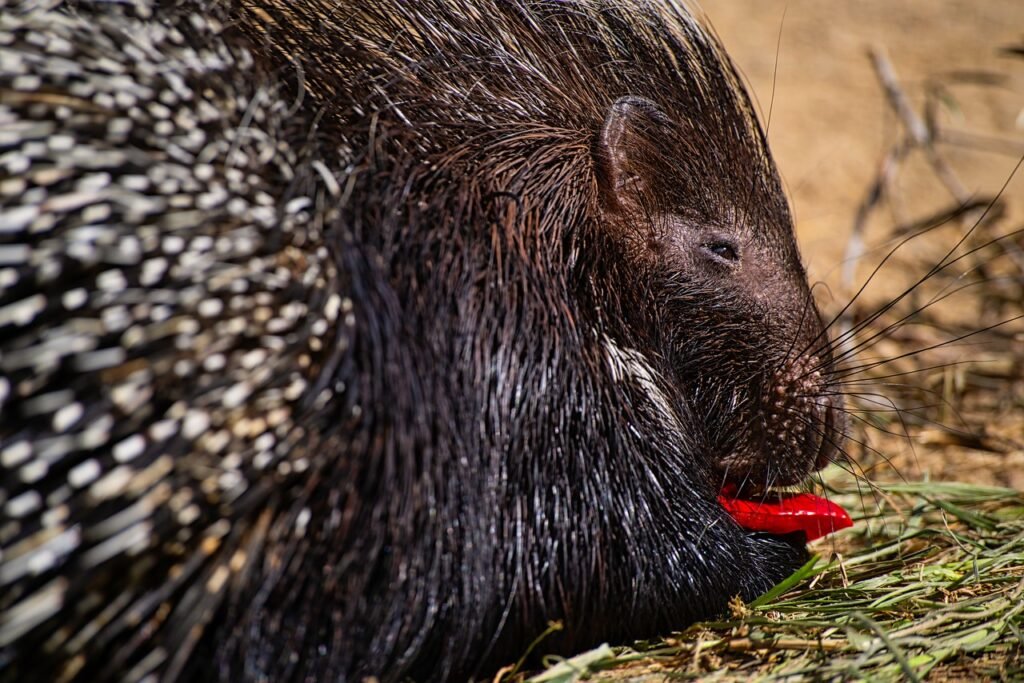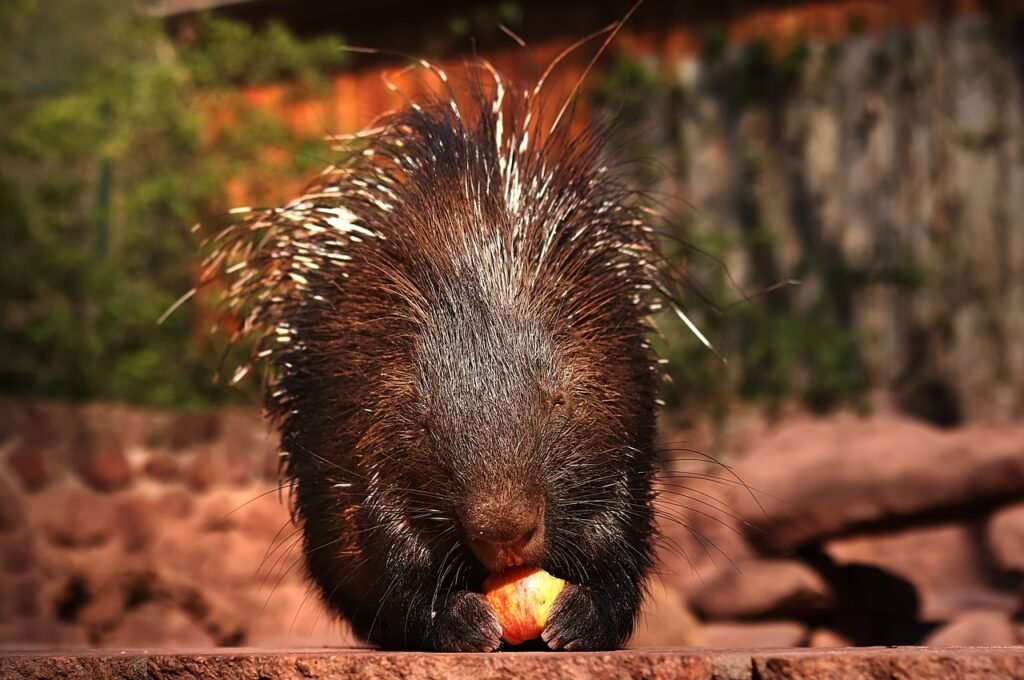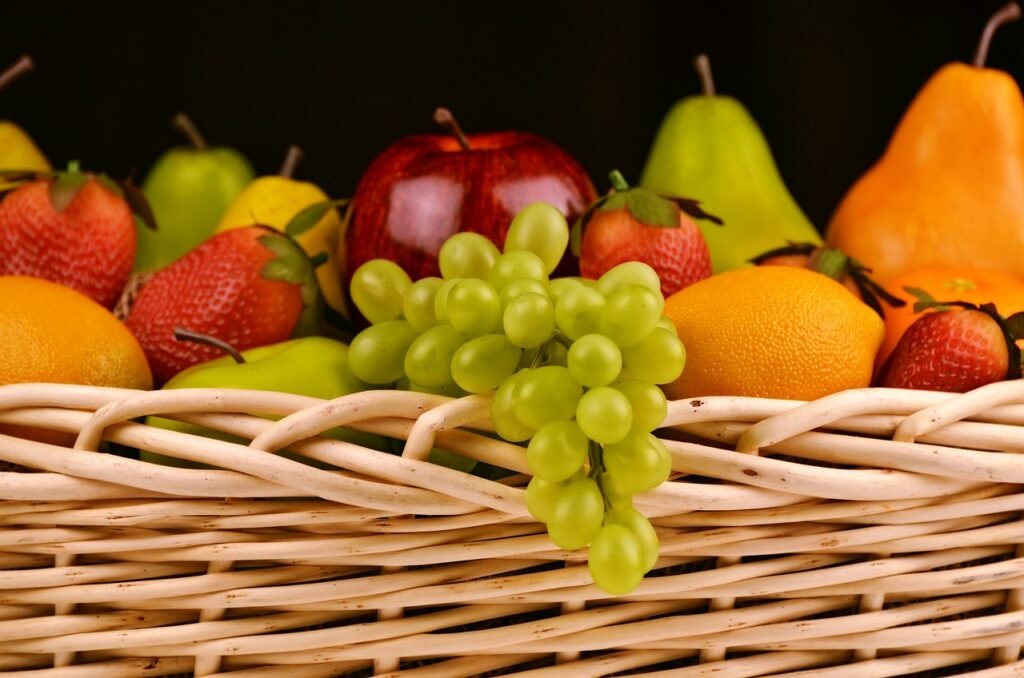Hydration is a cornerstone of overall health, and it plays a crucial role in maintaining the well-being of your porcupine companion. Ensuring that your quilled friend receives adequate water intake is essential for supporting various physiological functions and preventing dehydration. In this guide, we delve into the importance of hydration for porcupines and provide tips on how to ensure they stay well-hydrated.
The Significance of Hydration:
1. Digestive Health:
- Adequate water intake is vital for proper digestion in porcupines. Water helps break down food and facilitates the absorption of nutrients, contributing to a healthy digestive system.
2. Temperature Regulation:
- Porcupines, like many animals, rely on water to regulate their body temperature. Hydration helps prevent overheating, especially during warmer seasons, and supports thermoregulation.
3. Organ Function:
- Water is essential for the proper functioning of organs such as the kidneys and liver. It aids in the elimination of waste products and ensures the efficient filtration of toxins from the body.
4. Joint Health:
- Hydration contributes to joint lubrication, helping to maintain mobility and preventing stiffness. This is particularly important for porcupines that may engage in climbing and other physical activities.
Tips for Ensuring Adequate Hydration:
1. Provide Fresh and Clean Water:
- Ensure that your porcupine always has access to fresh and clean water. Regularly change the water to prevent contamination and encourage regular drinking.
2. Monitor Water Intake:
- Pay attention to your porcupine’s water consumption. An abrupt decrease in water intake may indicate an underlying health issue, and prompt veterinary attention is crucial.
3. Consider Water Source Preferences:
- Some porcupines may have preferences for certain types of water sources. Experiment with bowls, bottles, or other containers to discover what your porcupine prefers.
4. Hydration Through Foods:
- Some fruits and vegetables naturally have high water content. Including hydrating foods like cucumber, watermelon, or leafy greens in their diet contributes to overall water intake.
5. Monitor Environmental Conditions:
- Hot and dry conditions can increase water needs. During warmer weather, ensure your porcupine has access to shade and cool areas, and check water levels more frequently.
6. Use Hydration Supplements if Needed:
- In certain situations, such as illness or recovery, your veterinarian may recommend hydration supplements. These can be added to water or administered as directed.
7. Encourage Hydration Through Foods:
- Introduce water-rich fruits and vegetables as treats. This not only adds variety to their diet but also contributes to their overall hydration.
8. Regular Veterinary Checkups:
- Include hydration status in regular veterinary checkups. Veterinarians can assess your porcupine’s overall health, including hydration levels.
Signs of Dehydration:
Recognizing the signs of dehydration is crucial for early intervention. Some common signs include:
- Dry or Sticky Mouth and Gums
- Lethargy or Weakness
- Sunken Eyes
- Reduced Urination
- Loss of Skin Elasticity
If you observe any of these signs, consult with a veterinarian promptly.
Quenching the Thirst for Health
Hydration is not just a necessity; it’s a cornerstone of health and vitality for porcupines. By ensuring that your quilled companion has access to clean water, monitoring their water intake, and incorporating hydrating foods, you play a pivotal role in their overall well-being. A well-hydrated porcupine is a happy and healthy one, ready to explore, climb, and enjoy every moment of their quilled adventure.



